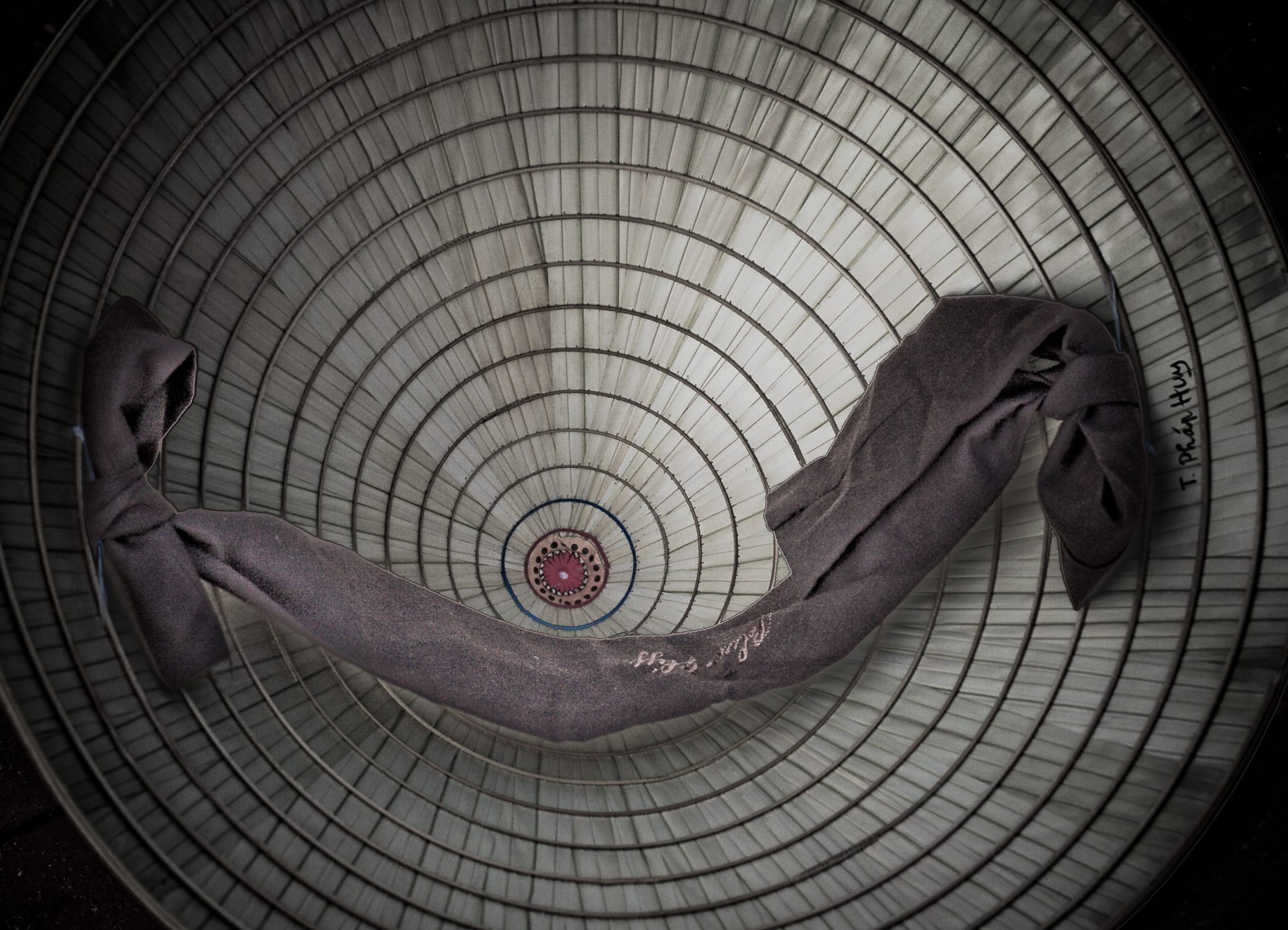By Janice Rubin

The evening I was scheduled to facilitate our Sangha sitting, I learned that my younger daughter had committed suicide. I had planned to talk about cultivating joy, read from Thich Nhat Hanh’s 20th anniversary edition of Breathe, You Are Alive!, and do a guided meditation from The Blooming of a Lotus on the joy of meditation as nourishment, and I did.
By Janice Rubin

The evening I was scheduled to facilitate our Sangha sitting, I learned that my younger daughter had committed suicide. I had planned to talk about cultivating joy, read from Thich Nhat Hanh’s 20th anniversary edition of Breathe, You Are Alive!, and do a guided meditation from The Blooming of a Lotus on the joy of meditation as nourishment, and I did. It was my way of beginning the mourning process.
I am the convener of the Practice Community at Franklin Lakes, and I have felt wonderfully supported by my Sangha. When I finally acknowledged the reality and finality of my daughter’s act, I was able to tell my sisters and brothers in the practice that I was having a difficult time dealing with her death and I knew they understood. Sharing and writing about my experience has freed others in our community to talk about their life-altering experiences with suicide. One spoke of the effect of her mother’s suicide on her when she was five years old. Another told of her daughter’s several unsuccessful attempts to end her life.
I was no stranger to loss and abandonment. When I was five, the only person who I thought loved me unconditionally, my favorite uncle, abandoned me. My mother died when I was in my teens, and I was left with an indifferent father who had little interest in me, or later in my children, his only grandchildren. More recently, I felt strongly the loss of the person who established our Sangha ten years ago, and with whom I was co-leader the past few years, when he left the area. But surviving the death of a child by suicide is like nothing I had ever experienced and I’m not sure I will be able to come to terms with it during my lifetime.
At this time, I tell people my consolation lies in the fact that my daughter is no longer suffering the excruciating feelings of unworthiness engendered by the extremes of bipolarity. I also tell them it is comforting to know that because of her generosity, the lives of many people have been saved or extended because they received her organs and tissues. I say these things, but I don’t feel consoled or comforted.
I speak to her dear husband regularly—he needs a compassionate, nonjudgmental listener—and I learn more and more about the suffering she experienced and visited on others. I sometimes cry for days after we talk, but I will be there for him as long as he needs me, as I would have been for my daughter, if she had let me.
Every day a dozen things bring her to mind. I see her as her husband found her when he came home from work—in the driver’s seat of her locked car in the garage with a hose hooked up to the exhaust and taped in the passenger window—and I cry.
People remark how strong I am because I did not miss one sit of our Sangha or any of the classes I teach, and because I have not collapsed and given up on life. I do not feel strong. I feel incredibly weak and vulnerable, but I believe that without my Sangha to sustain me I would not be in as strong a position as I am.
I know that over time I will continue to feel better able to deal with my grief; that by continuing to practice watering the seeds of the good memories of my daughter, I will feel less sad when I think of her; and that, as in the past, I will find solace in my own island as I continue to be faithful to my practice. I know that she is part of the matter of the universe and that I have only to look into my hand to always find her. Until these thoughts become the feelings of my heart, my loss will be real and I will miss her every day.

Janice Rubin is the convener of the Practice Community at Franklin Lakes. She is a former journalist and the author of Looking Back, Moving On: Memoir as Prolog, and Four Lives: Despite the Odds.

